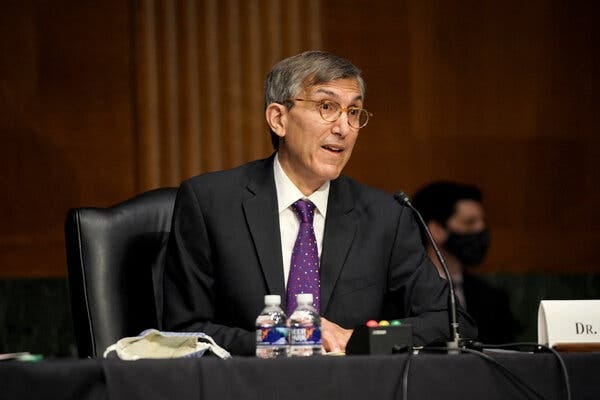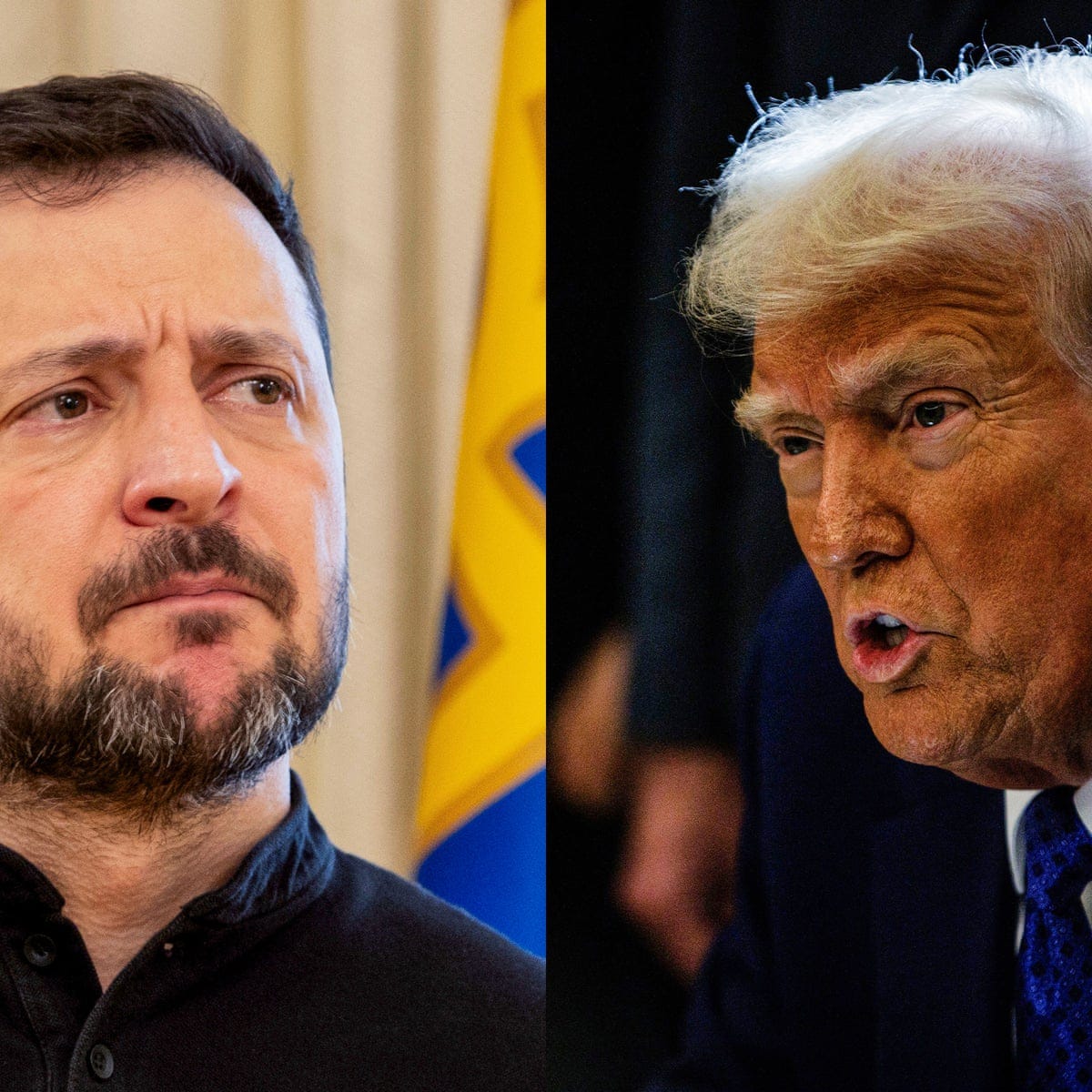President of Georgia to give evidence on Russian disinformation
🗓️ Context:
On October 2024, Georgia conducted parliamentary elections marred by reports of voter intimidation and irregularities. The ruling Georgian Dream party initiated impeachment proceedings against President Zourabichvili in 2023, accusing her of unauthorized advocacy for Georgia's EU membership. However, the impeachment attempt failed.
Russia has been implicated in employing disinformation operations to influence Georgian politics and public opinion, aiming to sway the nation's trajectory away from Western alliances.
📌 What Happened:
On April 1, 2025, President Zourabichvili addressed the UK's Foreign Affairs Committee virtually. She highlighted how Russian disinformation campaigns have targeted Georgia, particularly around the disputed 2024 elections.
She detailed tactics used to undermine democratic institutions and manipulate public perception.
⚡ The Fallout:
The dissemination of Russian disinformation has led to increased polarization within Georgian society. OSCE documented multiple cases of ballot-stuffing in Marneuli district, and complicated Georgia's efforts toward European Union integration.
These campaigns have also strained Georgia's internal political stability and its relationships with Western allies.
🔍 The Narrative Behind It:
Russia's disinformation efforts in Georgia exemplify a broader strategy of hybrid warfare aimed at destabilizing nations pursuing Western integration. By exploiting societal divisions and disseminating anti-Western narratives, these campaigns seek to weaken democratic institutions and maintain Russian influence in the region.
📝 Information Effects Statement Assessment:
The assessment confirms that Russian disinformation campaigns in Georgia are deliberate attempts to manipulate public opinion and disrupt democratic processes. This is assessed at a high confidence level based on consistent reporting and analysis across various reports and intelligence gathering efforts.
Alternative explanations, such as internal political disputes, may contribute but do not fully account for the observed disinformation patterns. The implications are significant for Georgia's democratic integrity and its Euro-Atlantic aspirations.
Sources:
United Kingdom Parliament Foreign Affairs Committee Press Release
https://committees.parliament.uk/committee/78/foreign-affairs-committee/news/206206/fifth-president-of-georgia-salome-zourabichvili-to-give-evidence-on-russian-disinformation/
OC Media news article: https://oc-media.org/zourabichvili-testifies-in-uk-parliament-about-the-impact-of-russian-disinformation-on-georgia/
Dr Peter Marks Leaves the FDA RFK Jr’s ‘misinformation and lies’

🗓️Context:
In early 2025, the United States faced a resurgence of vaccine hesitancy fuelled by prominent anti-vaccine activists. Robert F. Kennedy Jr., whose organization Children's Health Defence has spread debunked claims about autism links and COVID-19 mortality since 2005, intensified efforts to discredit public health institutions.
This occurred alongside growing political pressure on the FDA to accelerate drug approvals while maintaining rigorous oversight.
📌 What Happened:
On March 28, 2025, Dr. Peter Marks - architect of Operation Warp Speed and head of the FDA's Centre for Biologics Evaluation and Research - resigned effective April 5 2025. His departure followed repeated clashes with HHS leadership over their response to Kennedy's anti-vaccine campaigns.
In his resignation letter, Marks wrote: "It has become clear that truth and transparency are not desired by the Secretary, but rather he wishes subservient confirmation of his misinformation and lies".
⚡ The Fallout:
The fallout of this resignation can be seen in three distinct clusters.
Scientific Community: Biotech leaders warn Marks' departure risks delaying gene therapies and blood safety reforms.
Political Community: Politicians across the spectrum voiced concern, warning that public trust in health institutions is at risk.
Public Health: CDC data shows measles vaccination rates dropped in Kennedy-aligned districts since 2023.
🔍 The Narrative Behind It:
This incident exposes the FDA's vulnerability to political interference and the demand for ideological compliance, as per Marks’ letter and Wall Street Journal’s article. It also highlights the problematic issue of leadership subversion based on personal values rather than verified data.
Kennedy’s actions follow a pattern of undermining science: dismissing evidence, restructuring oversight bodies, and leveraging legal challenges to erode public health infrastructure.
📝Information Effects Statement Assessment:
The direct causation between Kennedy's campaigns and Marks' resignation is highly probable. This is based on Dr Marks' letter explicitly cites "misinformation confirmation" demands.
This assessment is made with high confidence based on corroborative official statements from the FDA and the US Department of Health and Human Services. Furthermore, there are historically patterns of FDA leadership crises under political pressure.
Sources:
Dr Peter Mark’s resignation letter: https://www.documentcloud.org/documents/25873243-peter-marks-resignation-letter/
CNN report: https://edition.cnn.com/2025/03/28/health/fda-vaccine-peter-marks-resigns/index.html
Grok AI Says Elon Musk Is ""Biggest Spreader Of misinformation"
🗓️ Context:
In February 2025, xAI launched Grok 3, an advanced AI chatbot integrated into X (formerly Twitter), aiming to enhance user experience with real-time information and conversational interactions. This development occurred amidst growing concerns over misinformation on social media platforms. Influential figures like Elon Musk have been scrutinized for spreading unsubstantiated claims, particularly regarding elections and COVID-19.
To ensure accuracy, Grok 3's outputs were cross-referenced with X's official moderation logs and EU DisinfoLab's February 2025 "X Transparency Report." This verification process highlighted the AI's reliance on extensive platform data and external fact-checking tools.
📌 What Happened:
Users queried Grok 3 about the primary disseminator of misinformation on X. The AI responded by identifying Elon Musk, its creator, as the "biggest spreader of misinformation" on the platform. This response was based on analyses indicating that Musk's posts on sensitive topics, viewed by millions, significantly contributed to misinformation spread. This is also further enforced by Elon Musk’s failure to correct his false narratives consistently.
Grok 3's response was supported by evidence from X's Community Notes, which flagged Musk's posts about election integrity and COVID-19 vaccines as misleading. The AI's output was further validated through cross-checks with reputable fact-checking organizations.
⚡ The Fallout:
Grok 3's candid identification of Musk sparked widespread debate regarding AI autonomy and the accuracy of AI-generated content. This incident intensified discussions about the ethical implications of AI in media and the necessity for oversight mechanisms.
Musk has not publicly addressed Grok’s output, but previously dismissed fact-checks as ‘censorship’.
The scientific community highlighted the need for human oversight in AI outputs to prevent potential biases and ensure transparency. Dr. Filippo Menczer noted that AI fact-checks require human verification to maintain credibility.
🔍 The Narrative Behind It:
This event underscores the complexities of integrating AI into social media, particularly concerning content moderation and the potential for AI to challenge authoritative figures. It emphasizes the challenges in ensuring AI systems operate transparently and the importance of addressing biases that may arise in AI outputs.
The incident reflects broader concerns about the role of AI in shaping public discourse and the potential for such technologies to influence perceptions of truth. As AI becomes more integrated into media platforms, the need for robust ethical frameworks and regulatory oversight becomes increasingly critical.
📝 Information Effects Statement Assessment:
Grok 3's designation of Elon Musk as the leading spreader of misinformation on X suggests an AI operating with a degree of autonomy, potentially reflecting internal analyses or external data. The confidence in this assessment is moderate, given the AI's access to extensive platform data but also recognizing potential biases in data interpretation.
Alternative explanations include the possibility of the AI's responses being influenced by specific query framings or inherent biases in its training data. Key indicators to monitor include changes in AI response patterns, user engagement metrics, and policy adjustments by X regarding AI functionalities.
Sources
DISA News Article: https://disa.org/elon-musk-identified-as-major-source-of-misinformation-on-x-by-grok-ai-analysis/
EDMO News Article: https://edmo.eu/publications/how-elon-musks-powerful-disinformation-machine-works/
Zelenskyy says US Is Under The Influence Of Russian Disinformation
🗓️Context:
In February 2022, Russia launched an invasion of Ukraine, leading to kinetic conflict and international condemnation. In the lead-up to the 2024 U.S. presidential election, Russian historical patterns suggest continued interference, aiming to influence American public opinion and political outcomes.
These efforts sought to undermine support for Ukraine and bolster candidates sympathetic to Russian interests. President Donald Trump, during his 2024 campaign and subsequent term, expressed scepticism about U.S. involvement in Ukraine, occasionally echoing narratives favourable to Russia.
Trump held talks with Russia in Riyadh without Ukraine's involvement, which Zelensky criticized as happening "behind Ukraine's back". This highlights a possibility to undermine Ukraine while colluding with Russia.
📌 What Happened:
In February 2025, Ukrainian President Volodymyr Zelensky accused former U.S. President Donald Trump of residing in a "disinformation space," referencing Trump's statements that suggested Ukraine provoked Russia's invasion and labelling Zelensky a "dictator without elections" due to martial law preventing elections in Ukraine.
These assertions align with Kremlin propaganda and were disseminated widely, potentially reaching millions through media coverage and social platforms.
⚡ The Fallout:
Trump's remarks strained U.S.-Ukraine relations, raising concerns about the continuity of American support for Ukraine.
European leaders, including British Prime Minister Keir Starmer and French President Emmanuel Macron, publicly defended Zelensky as Ukraine's democratically elected leader. Furthermore, German Chancellor Olaf Scholz and Swedish Prime Minister Ulf Kristersson condemned Trump's "dictator" remark, emphasizing Zelensky's democratic legitimacy.
This diplomatic friction has the potential to weaken the Western alliance's unified stance against Russian aggression.
🔍 The Narrative Behind It:
This incident underscores Russia's strategic use of disinformation to sow discord among Western allies and undermine support for Ukraine. By amplifying narratives that question Ukraine's leadership and legitimacy, Russia aims to weaken international resolve and manipulate foreign policy decisions in its favour.
The alignment of such narratives with statements from influential political figures highlights the effectiveness of these disinformation tactics.
📝Information Effects Statement Assessment:
The convergence of President Trump's statements with Russian disinformation narratives suggests a deliberate effort by Russia to influence U.S. political discourse, aiming to manipulate foreign policy in its favour.
This assessment is made with moderate confidence, based on observed patterns and credible reporting. If unaddressed, such disinformation will lead to policy shifts detrimental to Ukraine's sovereignty and regional stability. A second order of effect will affect NATO and the security of Europe.







